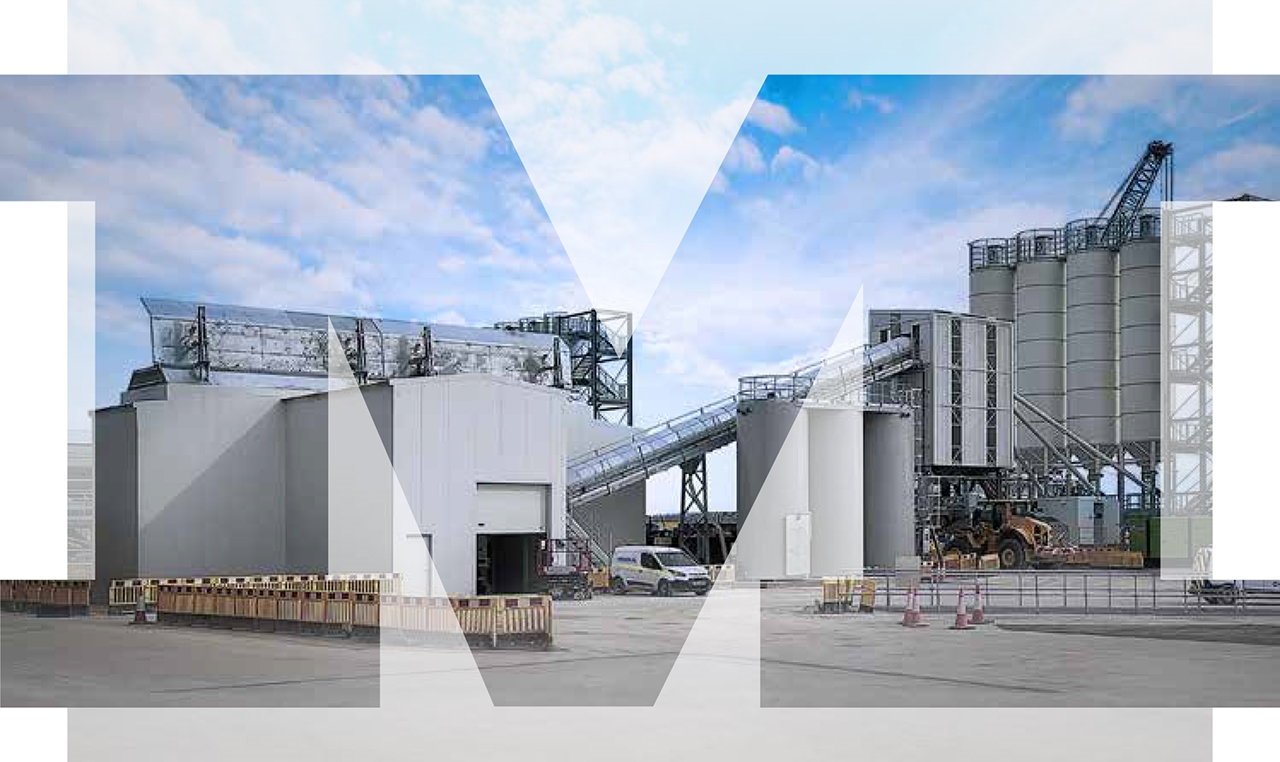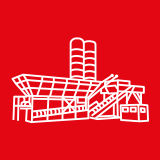Concrete Batching Plants
With nearly 40 years of experience and more than 4,500 plants commissioned worldwide, MEKA has established itself as a trusted brand in ready-mix concrete production, as well as in the crushing, screening, and mining industries.
MEKA offers a wide range of batching plants for ready-mix concrete production, including stationary, mobile, compact, on-site type, precast, RCC, and dry batch plants with various capacities and configurations. In addition, MEKA provides twin-shaft, single-shaft, and planetary mixers, fiber dosing systems, plant automation, cement silos, and many other equipment options, delivering the most reliable solutions for all your concrete production needs.

From Experience to Perfection
Our Global Footprints in Concrete Plant Production
MEKA has supplied and commissioned batching plants for leading global ready-mix producers such as Heidelberg, Lafarge, Holcim, Cemex, Oyak Beton, London Concrete, Acico, Tarmac, Hanson, and Çimsa, as well as for numerous ENR 250 contractors.
MEKA plants proudly serve in landmark projects, including London Heathrow, RAF Mahrama, Istanbul Airports, major dams, high-speed railway lines (such as HS2), metro systems, and large-scale infrastructure works worldwide.
Gallery
Contact Us for Your Concrete Batching Plant Needs
Do you want to learn about concrete batching plant prices?
Would you prefer a brand-new plant instead of taking risks with second-hand options?
Do you need to upgrade your existing plant with a new concrete mixer?
Are you interested in additional components such as fiber dosing systems or automation software?
Do you want to find the most suitable batching plant for your ready-mix operations or construction project?
Get in touch with us today.
Complete Range of Plants and Equipment Under One Roof: MEKA Global
Stationary Concrete Batching Plants
Designed for ready-mix producers, large-scale construction, and infrastructure projects, MEKA stationary plants deliver high-capacity and reliable production.
Mobile Concrete Batching Plants
Offering easy transportation, fast installation, and flexible site layout, MEKA mobile plants are the ideal solution for short-term construction projects and ready-mix production in challenging locations.
Compact Concrete Batching Plants
Tailored for precast element manufacturing and ready-mix production, MEKA compact plants provide flexible and practical solutions with optimized overseas shipping advantages for construction and infrastructure projects.
RCC Concrete Batching Plants
Specially designed for projects requiring Roller Compacted Concrete (RCC), such as dams, concrete roads, and airport runways.
Precast Concrete Batching Plants
Tailor-made for precast element manufacturing factories, including dedicated batching plants and concrete distribution systems.
Concrete Mixers
The heart of a concrete batching plant—mixing raw materials into high-quality concrete. MEKA single-shaft, twin-shaft, planetary, and continuous mixers provide superior performance and reliability, whether for plant upgrades, capacity increases, or new plant configurations.
Fiber Dosing Systems
Fully automated fiber dosing and feeding units, equipped with high-precision load cells, delivering accuracy, homogeneity, and sustainable capacity for fiber-reinforced concrete production.
What is a Concrete Batching Plant?
A concrete batching plant is a facility used to produce ready-mix concrete required for small- and large-scale construction projects. Its primary function is to combine cement, water, aggregates (sand, gravel, crushed stone), and additives in precise proportions to produce high-quality concrete.
Today, concrete batching plants are an essential part of modern construction—from infrastructure to residential projects, from dams to highways.
Concrete batching plants are manufactured in different types:
- Stationary plants are preferred for high-capacity and long-term projects.
- Mobile plants stand out with advantages of easy transportation and quick installation.
- Compact plants are ideal for projects with limited space or requiring flexible solutions.
At MEKA, our concrete batching plants are globally trusted for their performance and durability. With the right equipment, your projects can achieve continuous and uninterrupted concrete production.




























